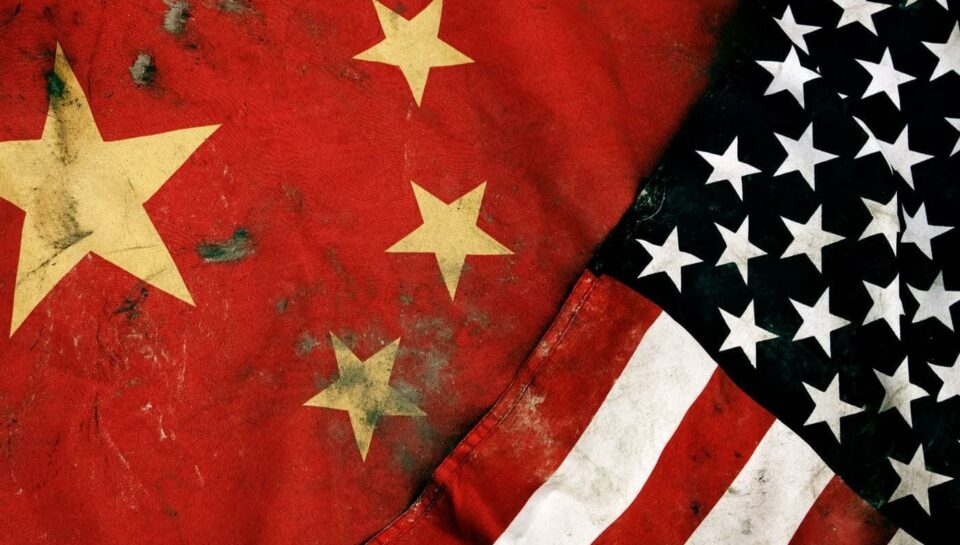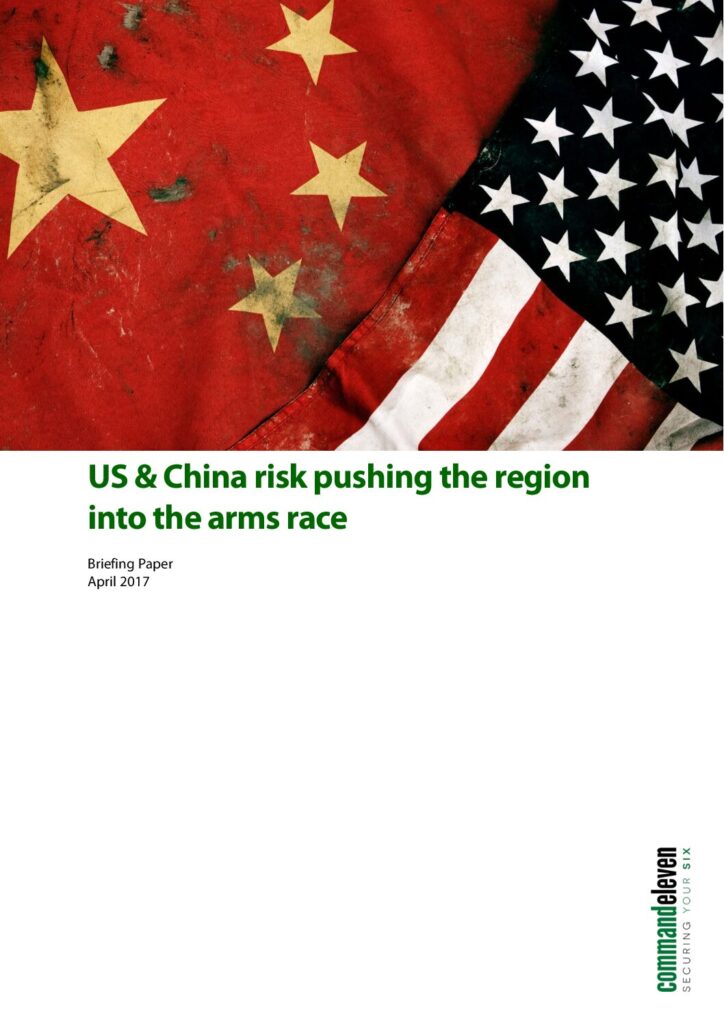Executive Summary
Pakistan politely declined to attend the US’ “Summit for Democracy” after earlier being invited to participate alongside over 100 others. Islamabad told Washington that it values their bilateral relations and reaffirmed its democracy commitments in the Ministry of Foreign Affairs’ press release about its decision. This move prompted the expert community to debate whether Pakistan had really done what was truly in its best interests by declining to participate in this event. Supporters pointed to the hypocritical double standards of this politicized summit while critics claimed that the country was simply kowtowing to China. The reality, as usual, is more complex than either side’s simple interpretations.
The “Summit for Democracy” is indeed a hypocritical and politicized event as the author explained in his recent analysis about it. That piece explained how the summit is intended to ideologize the New Cold War by making the US’ conception of “democracy” the primary fault line for dividing the world into opposing blocs. This is an insincere approach since some of the attendees don’t practice a Western form of “democracy” like the US but were invited for strategic reasons related to Washington’s larger New Cold War aims against Beijing. Those countries that aren’t considered “democracies” by the US and are thus regarded as “non-democracies” risk being victimized by Color Revolution plots on that pretext.
Pakistan’s status is unique because despite having a democratic system in place, it cannot be considered a copycat form of the West’s model thereof due to its distinct national characteristics. Nevertheless, it was still invited to participate in this event, likely due to the US’ geostrategic calculations regarding that country’s role in post-war Afghanistan, particularly with respect to potentially facilitating the US’ economic access to the broader region via February’s agreement to construct a Pakistan-Afghanistan-Uzbekistan (PAKAFUZ) railway. This regional connectivity project is the basis upon which the US formed its connectivity-centric “New Quad” with the three PAKAFUZ states in July.
Another reason for inviting Pakistan had to do with the US’ desire to at least superficially act as if it’s “balancing” South Asian affairs after moving so close to that country’s Indian rival in recent years. Not asking Pakistan to attend would have rightly been interpreted very negatively by Islamabad, with potential political ramifications for their long-term relations, especially when it comes to the future of post-war Afghanistan. Even though these two countries have their fair share of problems and US President Joe Biden snubbed Pakistani Prime Minister Imran Khan by not calling him yet, American policymakers might have thought it to be too counterproductive not to invite Pakistan to the summit.
At the same time, though, there might have also been an ulterior motive at play which Pakistan could have finally become aware of and thus realized that it would be too counterproductive to its own interests to attend. That’s Taiwan’s participation in the summit despite that rogue island formally being part of the People’s Republic of China (which wasn’t invited) as recognized under international law and by all but around a dozen countries, including the event’s American host. If Pakistan took part in the summit alongside Taiwan, then it risked inadvertently offending its Chinese ally by lending credence to the separatist aspirations of the rogue island’s de facto authorities.
Considering all of this, it can be put forth that the US might have used the “New Quad’s” PAKAFUZ project and the superficial optics of the US’ regional “balancing” act to bait Pakistan into participating in an event that would inevitably complicate its relations with China, which could have been the true strategic aim that American wanted to advance by extending its invitation to Islamabad. If Pakistan would have attended, then it would have inadvertently signaled to China that respecting Beijing’s legitimate sensitivities regarding Taiwan was less important for that country than exploring the potential for improving its troubled relations with Washington.



